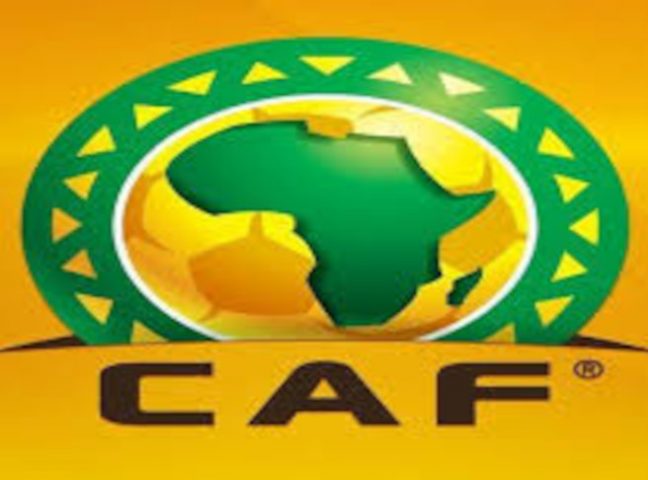
African Football – A Changing World (Part One) Visions
January 12, 2021Broken Promises
April 28, 2021By Satish Sekar © Satish Sekar (December 30th 2020)
AFCON Scheduling
It’s always been an issue. Clubs, especially European ones, object to the Africa Cup of Nations (AFCON) being held in the Southern hemisphere’s summer – the European winter. Briefly, they got their way. African football took the step itself.
Algerian great Rabah Madjer wanted the move as Algeria tended to fail in January but perform well in June and July. Many Cameroonian players chose club over country, wanting it moved to suit their interests. Cameroonian legend wanted it noted that he wanted it moved for African interests not European – Africans wanted to see their best players.
They had their say at the first Confederation of African Football (CAF) symposium in July 2017 – the aim was to give Africans a say in the direction African football would take by recommending the changes they wanted. It was convened by new CAF President Ahmad Ahmad.
Their Say
Algeria won the first AFCON held in the Northern Hemisphere’s summer. It was changed back to January-February again after just one tournament.
Why would that happen? Ironically, to suit the interests of the foreign clubs.
The Confederations Cup was scrapped to be replaced by an expanded Club World Cup – a FIFA innovation that immediately clashed with the AFCON being held in the Northern hemisphere’s summer.
Without fanfare the AFCON was moved back to January and February after just one tournament in June and July – Egypt 2019.
Hayatou’s Unheralded Vision
And the other matter raised by former CAF President Issa Hayatou at the 2012 AFCON of why every two years? Hayatou had a plan. He saw that hosting AFCON brought benefits to the host countries.
It forced improvement in infrastructures, not just in terms of updating or building state-of-the-art stadia, but also the surrounding infrastructures: hotels, transport, etc. Those had to be brought up to date – dragged into the present and future if necessary.
Hosting AFCON required it and it left behind modern infrastructures that could be used to help develop economies in under-developed African nations. Hayatou did not envisage tournaments every two years indefinitely. He only wanted it until the development plan was accomplished.
Grey Elephants (and White Ones)
But this raised an important issue. The stadiums had to be up to standard and usable. There had to be a plan for the stadia. Immediately, questions were raised about Franceville’s swanky stadium. Would it become a white elephant, a journalist asked Gabon’s President, Ali Bongo Ondimba?
Ondimba’s reply was memorable and funny (see below), but what happened to the stadium? It fell victim to the other issue too. It’s no use having a great stadium without a plan for it and it’s no use having such a stadium without supporting infrastructures too. The new hotels and transport systems had to be sustainable too.
The development and updating of various infrastructures had to be integrated as well. There had to be a plan on how these infrastructures would be used and maintained after the tournaments had ended.
Africa had no use for white elephants – there were enough grey ones to cater for.
The Bane Strikes
Again, it is hard to fault his reasoning – the implementation is another matter – but on these points Hayatou’s plans were essential to the development of African football and Africa. At least it should have been.
But for the bane of Africa – instant gratification trumping even short-term benefit – it would have been a resounding success. Gabon’s President, Ali Bongo Ondimba’s brilliant riposte on white elephant stadiums aside: ‘We only have grey ones (elephants)’ some stadiums have not been integrated with transport issues. How do you get there, especially by public transport and how do you use them after the tournaments?
What happens to the swanky new hotels if the tournament was not used to boost long-term tourism? Instead, prices were hiked up for the tournament, which also affects attendance. Such greed is and was counter productive. State-of-the-art stadia became elephants, but not the grey variety. So did the hotels.
Hayatou’s plan – a good one – was undermined by the very people it was designed to help. Meanwhile, Ahmad Ahmad became the first CAF President to fall from grace. He was recently banned from football for 5 years. He is appealing that decision to the Court of Arbitration for Sport. Hayatou is to be made Honorary President of CAF.



